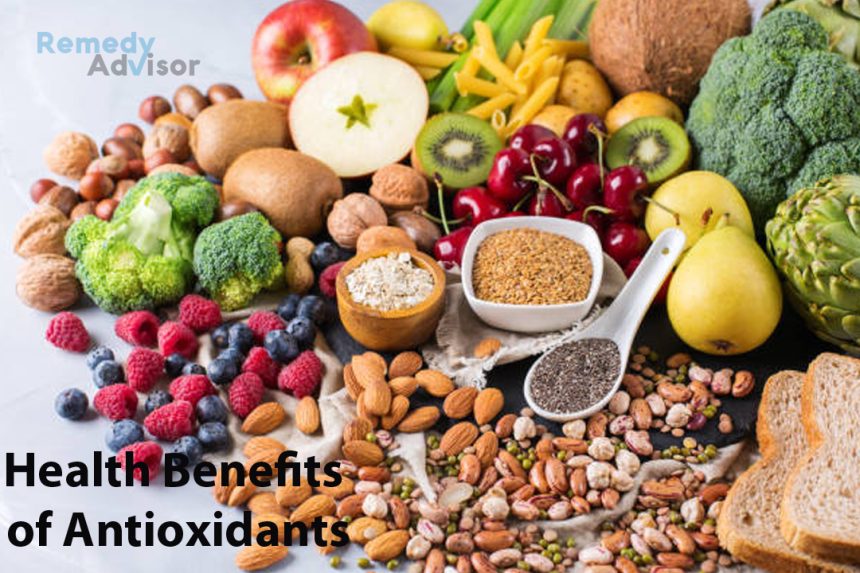The foods we eat have a big impact on our health both positively and negatively.
Study after study shows that antioxidants disease-fighting chemicals that occur naturally in many foods have certain properties that may boost the immune system. They also reduce the risk of health problems particularly heart disease and cancer.
While the antioxidants beta-carotene, vitamin C and vitamin E are available in supplement form, researchers recommend we try to obtain them naturally through the foods we eat.
Antioxidant-rich foods
It is most prudent to build a proper diet through a diverse combination of foods. There are several foods that contain all three antioxidants. They include
• Mangoes
Mangoes contain 57 milligrams (mg) of vitamin C almost the full Recommended Daily Allowance (RDA) as well as ample amounts of vitamin E and beta-carotene. No other tropical fruit provides all three.
• Sweet potatoes
They are low in calories and loaded with beta-carotene and vitamins C and E. One to two sweet potatoes with or without the skin almost meets the RDA for all three nutrients.
Other great sources
• Beta-carotene
Beta-carotene is commonly found in leafy green plants. Most health organizations recommend eating at least five fruits or vegetables a day, which amounts to a diet containing 6 mg of beta-carotene.
Beta-carotene is “fat soluble” meaning that you need to eat a small amount of fat with the beta-carotene in order to absorb it.
Scientists have not yet determined the exact amount of fat needed, but it is not a lot. This is one example of how fat in moderation is important to maintain good health.
• Vitamin C
The RDA for vitamin C is 60 mg. But researchers say that you need between 100 mg and 500 mg daily to fight off cataracts and other diseases such as cancer and heart disease. Rich sources are
- One papaya (188 mg).
- Half a raw red, green or yellow pepper (170 mg).
- One cup of broccoli—steamed or microwaved (98 mg).
- 10 to 12 strawberries (85 mg).
- 8 ounces of orange juice (124 mg).
Vitamin C is highly sensitive to heat and cooking. So when cooking vegetables, use a pressure steamer or lightly steam or microwave.
• Vitamin E
Vitamin E is one of the most potent antioxidants when it comes to preventing disease.
Studies show that the current RDA for vitamin E 30 international units (IU) is probably too low to be able to offer much protection against disease. Some experts believe that anywhere between 100 and 400 IU of vitamin E daily might offer better protection.
Vitamin E is most commonly found in high fat foods, such as vegetable oils (corn, soy and peanut) and nuts.
Other examples: Sunflower seeds, wheat germ or peanut butter.
Vitamin E can also be found in some leafy vegetables and in sweet potatoes.
Although some experts recommend complementing dietary “E” with supplements (contrary to advice regarding other antioxidants), be aware that the synthetic “E” in some supplements is not as effective as the form naturally occurring in foods.







